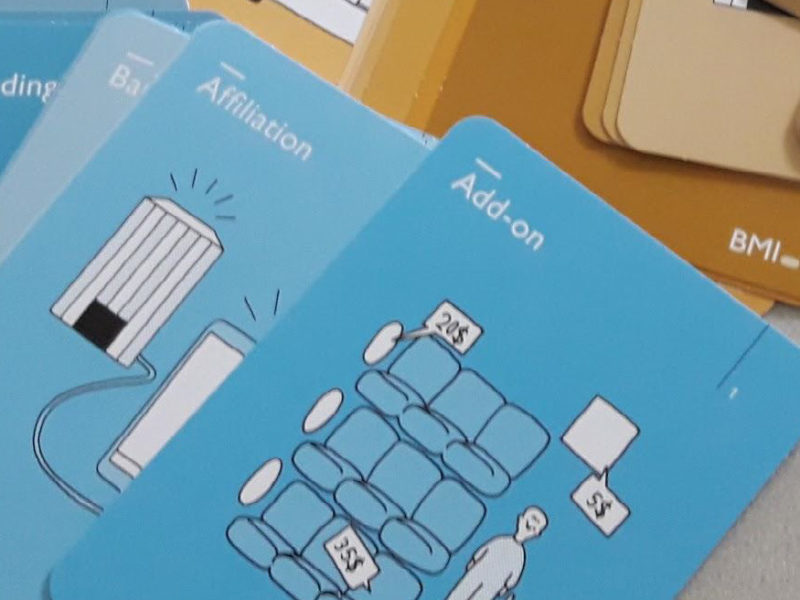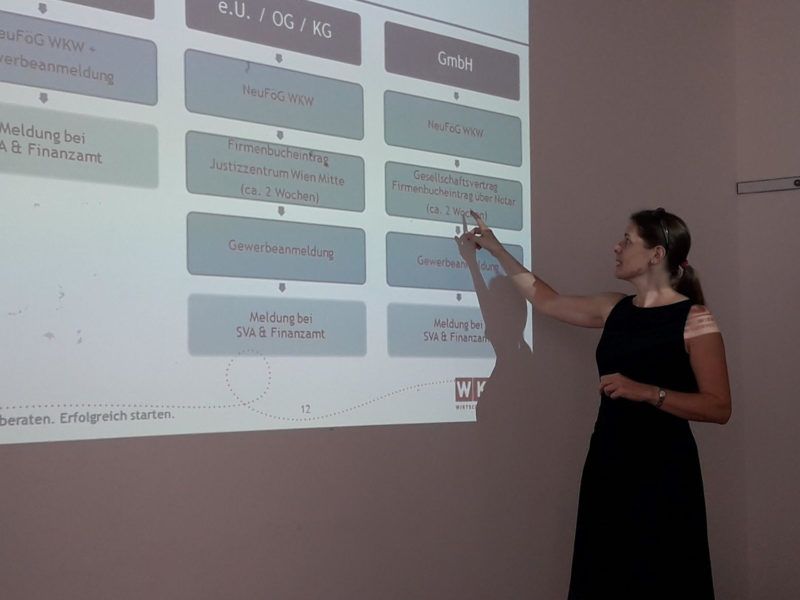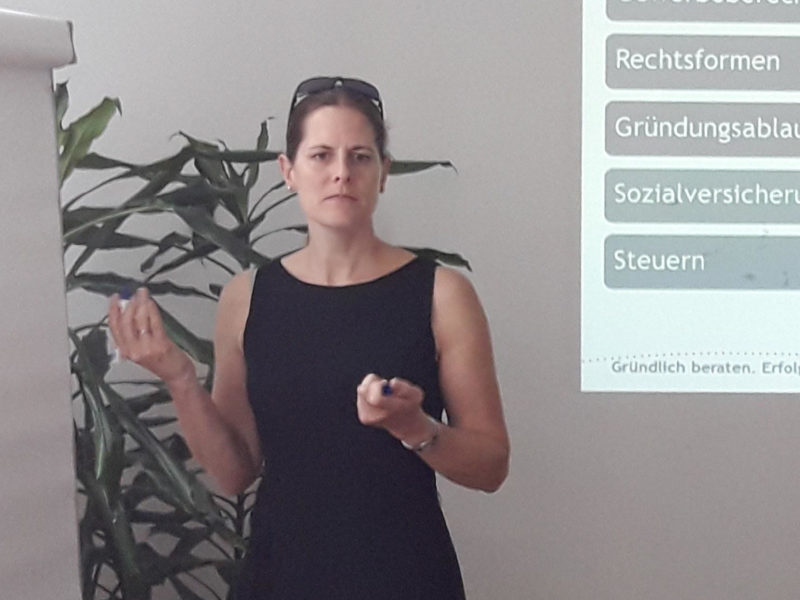Introduction to mentoring

Available languages: EN
Time needed: individual time with mentors and entrepreneurs
STS
LI1
LI2
Mentoring introduction is crucial both for participants and mentors, to ensure great mentors-mentees relationships. The mentoring introduction has to be told and written to be sure it was well-understood by everyone and the information are easy to found afterwards. This introduction is essential to make sure expectations are aligned on both sides.
For the mentors, the program organizers must present the role and the posture of a mentor, especially when dealing with refugees and migrants entrepreneur. Mentors must also attend a training or a workshop about coaching within an intercultural context.
The program organizers must take time with the participants to explain the role and the mission of their mentors.
Requirements to make the best out of the material
There is no specific requirement.
How to use this tool
For the participants, the program organizers can do the mentoring introduction during a group session to highlight the stakes about the mentoring. Then, this information can be mentioned again by email, when the participants are put in touch with their mentors for the first time.
For the mentors, the program organizers can talk individually with them on the phone or during a contact to answer all questions they may have.
The intercultural coaching training or workshop must happen between the end of the Short Training Session and the end of Light Incubation 1 (depending on when the mentoring start), so that they may have already faced intercultural situations or may have questions for the intervenant.
Expected outcome
The mentors and the participants have clear and realistic expectations regarding the mentorship. The participants know how to build-up good and effective relationships with their mentors. The mentors feel well-at-ease during the mentoring sessions.
This tool is licensed under a Creative Commons Attribution-NonCommercial-ShareAlike 4.0 International License.






